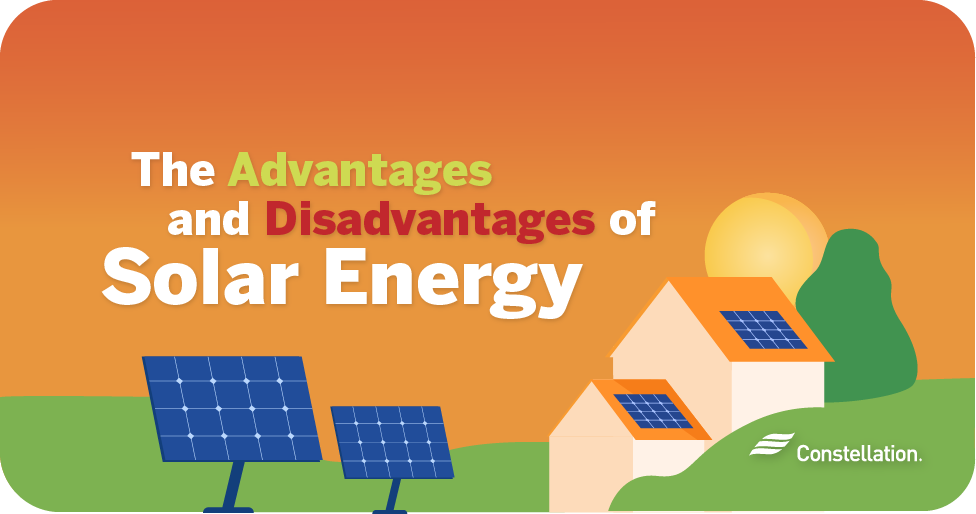Discover Simply Solar Illinois for Economic Renewable Energy
How Solar Power Can Assist You Conserve Cash and Lower Your Carbon Impact
The assimilation of solar power right into your energy profile presents an engaging opportunity for both economic savings and ecological stewardship. As various government incentives end up being offered, the question develops: just how can one successfully browse the preliminary financial investments and ongoing benefits of solar innovation to optimize both financial and ecological gains?
Comprehending Solar Energy Cost Savings
While the transition to solar energy frequently includes a preliminary investment, comprehending solar power financial savings is crucial for property owners and companies alike. Solar energy systems can considerably decrease electrical power costs by using the sunlight's energy, translating into significant lasting financial advantages.
Additionally, solar power systems may get approved for different economic incentives, including tax debts and refunds, better boosting their cost-effectiveness. The accessibility of net metering allows individuals to market excess power back to the grid, developing an extra revenue stream. These variables add to the total cost savings related to solar energy.

Along with direct monetary financial savings, solar power supplies the added advantage of raising residential property worth. Houses furnished with photovoltaic panels are often much more appealing to purchasers, as they guarantee lower energy costs - Simply Solar Illinois. Recognizing these components is important for anybody considering solar power, as it highlights not simply the potential financial gains, but additionally the more comprehensive ecological and economic benefits of taking on eco-friendly power services
Initial Prices vs. Long-Term Conveniences
When assessing solar power, it is necessary to consider the preliminary expenses versus the long-lasting benefits. The upfront financial investment for photovoltaic panels, installation, and relevant devices can be substantial, frequently varying from $15,000 to $30,000, depending upon the system size and home power needs. This initial expense might discourage some house owners; nevertheless, it is crucial to consider the possible cost savings over time.
When installed, solar energy systems can considerably minimize and even remove regular monthly electricity expenses, leading to considerable long-lasting monetary advantages. Studies show that home owners can conserve anywhere from $10,000 to $30,000 over the lifespan of their planetary system, generally 25 years. In addition, numerous states supply incentives, tax debts, and rebates that can balance out preliminary expenses, making solar more easily accessible.

Lowering Your Carbon Impact
Reducing your carbon impact is an essential consideration in today's eco mindful culture, and embracing solar energy is one of one of the most efficient approaches to accomplish this objective. why not find out more Solar power is a tidy, sustainable resource that significantly decreases dependence on nonrenewable fuel sources, which are major contributors to greenhouse gas emissions.

Additionally, the prevalent adoption of solar technology motivates the development of eco-friendly jobs and sustains innovations in power storage and performance. The more people and organizations spend in solar energy, the higher the cumulative reduction in carbon emissions, fostering a cleaner environment for future generations.
Government Rewards and Rebates
Embracing solar energy not only profits the environment yet can also bring about significant monetary cost savings, especially with the schedule of government rewards and discounts. Various government, state, and regional programs are developed to encourage house owners and companies to purchase solar power systems, making the shift extra budget friendly.
Among the most popular rewards is the Federal Investment Tax Credit History (ITC), which allows solar system owners to subtract a substantial portion of the setup expenses from their government tax obligations. This incentive has been critical in minimizing the in advance expenses connected with solar power systems. In addition, many states offer their own tax credit scores, gives, and refunds that can additionally boost financial savings.
In addition, some neighborhood governments provide property tax obligation exceptions for solar installments, making certain that home owners do not deal with boosted real estate tax as a result of their renewable moved here resource financial investments. Utility companies may additionally provide motivations, including net metering and feed-in tolls, which permit solar power individuals to offer excess power back to the grid.
Choosing the Right Planetary System
Choosing the proper planetary system check my blog is vital for maximizing power effectiveness and financial advantages. The decision rests on several elements, including energy demands, budget, and available area. Home owners ought to start by analyzing their electrical power consumption to figure out the system dimension needed for optimum efficiency.
Following, think about the different types of solar innovations readily available. Simply Solar Illinois. Photovoltaic (PV) panels are the most typical, converting sunlight straight into electrical energy, while solar thermal systems concentrate on home heating water. Each type has distinctive advantages depending upon private needs
Spending plan considerations are also vital. First installment expenses can differ considerably, so it is necessary to contrast quotes from several companies and check out financing options. Government incentives and rebates can additionally reduce the financial concern, making planetary systems much more available.
Verdict
In summary, solar energy provides a viable service for achieving considerable cost financial savings while at the same time reducing carbon exhausts. The preliminary investment, though substantial, returns considerable lasting financial advantages, with potential savings varying from $10,000 to $30,000 over 25 years. In addition, the environmental advantages of solar power add to sustainable practices important for combating environment modification. Government incentives enhance the usefulness of solar technology fostering, motivating a change in the direction of a cleaner, a lot more financially effective power resource.